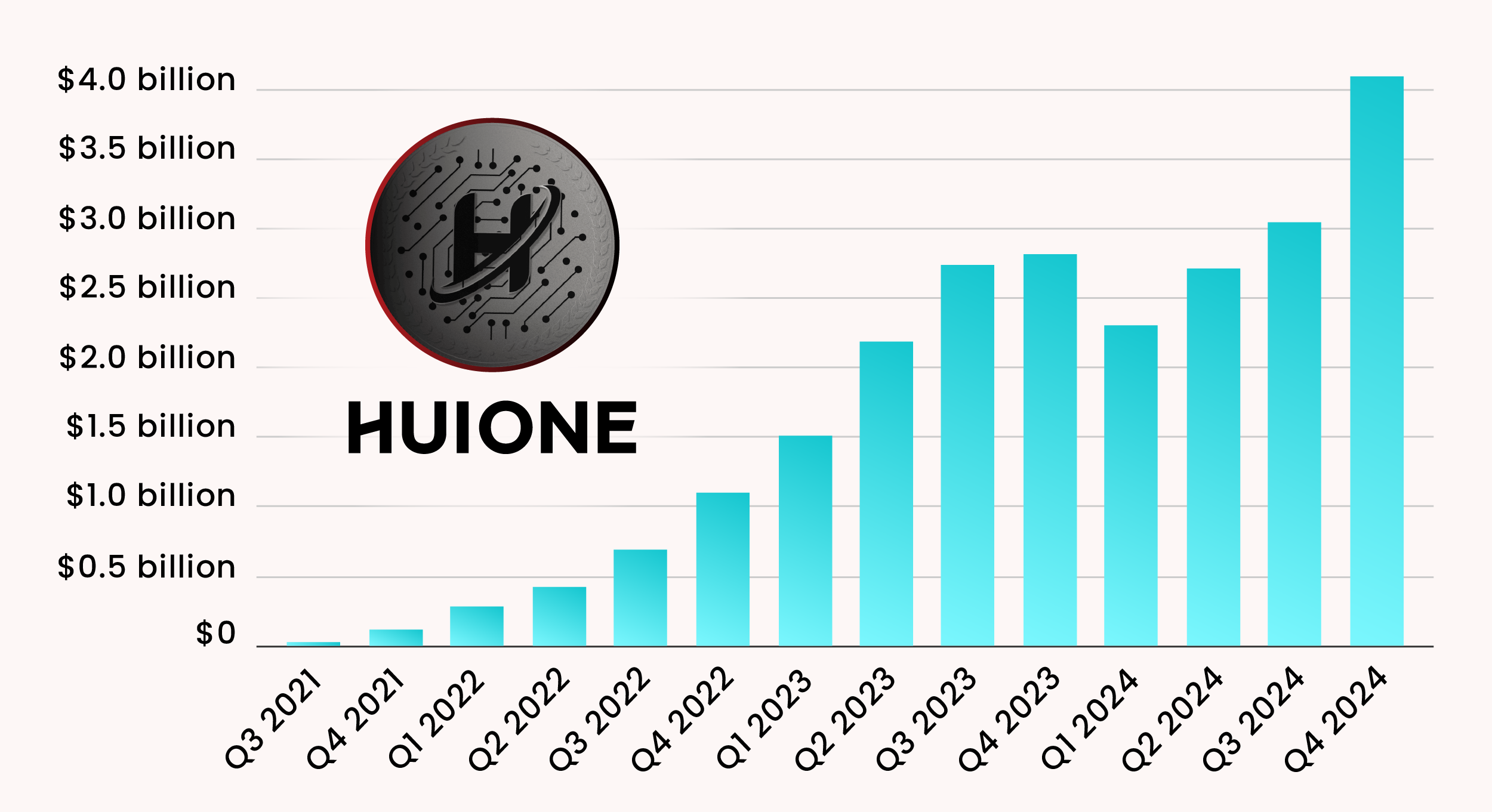
How a government scientist is pushing to supersize research into ultra-processed foods
CHICAGO — The last place you might have expected Kevin Hall to make a plea for help was at a conference of scientists who work for global food conglomerates. After all, the government researcher is the leading scientific voice in the United States warning that a steady diet of these engineered products might be a crucial driver of the nation’s epidemic of overeating.
Yet there he was earlier this summer at Chicago’s cavernous McCormick Place convention center, alongside salesmen for Cargill pitching their high oleic canola oil, asking food technologists to partner with the government to investigate the health impact of these foods.
Hall’s work at the National Institutes of Health presents an existential challenge to the food industry, which has staked its business model for decades on developing ultra-processed meals that are cheap, easy to prepare — and let’s face it — delicious. That he was now trying to drum up interest from those same food makers in a yet-to-be-finalized program funded by an “unnamed government agency” might have seemed naive to some, but it was also a sign of his eagerness to supersize research into industrial creations like sodas and breakfast cereals — a line of inquiry he and some nutritionists consider vital for public health.
“I can keep doing my studies but at the rate that these are going, it’s going to take forever to figure this out,” Hall told STAT. “We don’t have forever. Chronic diet-related diseases are costing us a huge amount of money and a huge amount of suffering.”






/https://public-media.si-cdn.com/filer/9f/61/9f610676-9962-4627-ae89-bf59fc6cb735/lod_mosaic_lower_register_web.jpg)





/cdn.vox-cdn.com/uploads/chorus_asset/file/25831586/STKB310_REDNOTE_XIAOHONGSHU_B.jpg)









